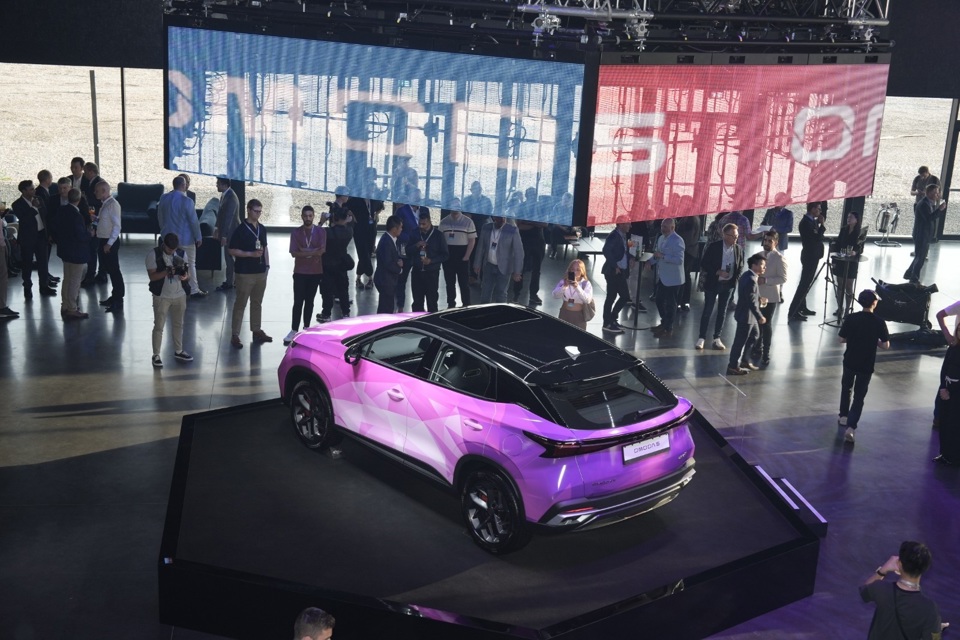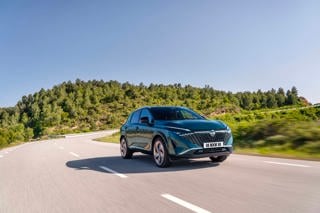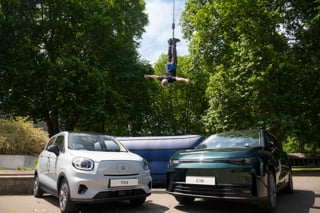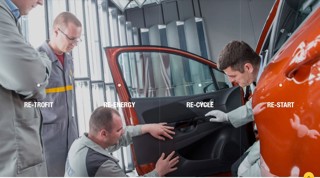Brussels and Beijing have agreed to step up efforts to resolve the ongoing dispute over Chinese-made electric vehicles (EV).
The European Commission (EC) has accused China of subsidising its EVs to undercut European competitors, proposing additional import tariffs ranging from 7.8% to 35.3%.
 These tariffs, if ratified by EU member states, would be applied on top of the existing 10% import rate. These duties must be ratified by EU member states before November and would last five years.
These tariffs, if ratified by EU member states, would be applied on top of the existing 10% import rate. These duties must be ratified by EU member states before November and would last five years.
Valdis Dombrovskis, EC trade commissioner, met with China’s commerce minister, Wang Wentao, on Thursday.
Both sides agreed to intensify talks to find a "WTO-compatible solution" to the dispute. However, the EU stands firm in its claim that China's subsidies pose a risk to the European car industry through unfair competition.
China, while publicly denouncing the EU’s investigation as a "naked protectionist act," has privately pushed for a negotiated solution. In retaliation, Beijing is scrutinising European exports, including pork, brandy, and dairy.
Despite the stalemate, Thursday's meeting brought some progress, with both sides committing to revisit the idea of price undertakings – a mechanism that allows companies to raise their export prices to avoid anti-subsidy tariffs.
In parallel, China has ramped up its lobbying efforts within the EU, targeting key member states to vote against the tariffs. Hungary is firmly opposed, while Germany, under pressure from its automotive sector, is reportedly leaning against the duties.
Spain, once supportive of the tariffs, surprised Brussels by calling for a reconsideration of the proposal.




















Login to comment
Comments
No comments have been made yet.